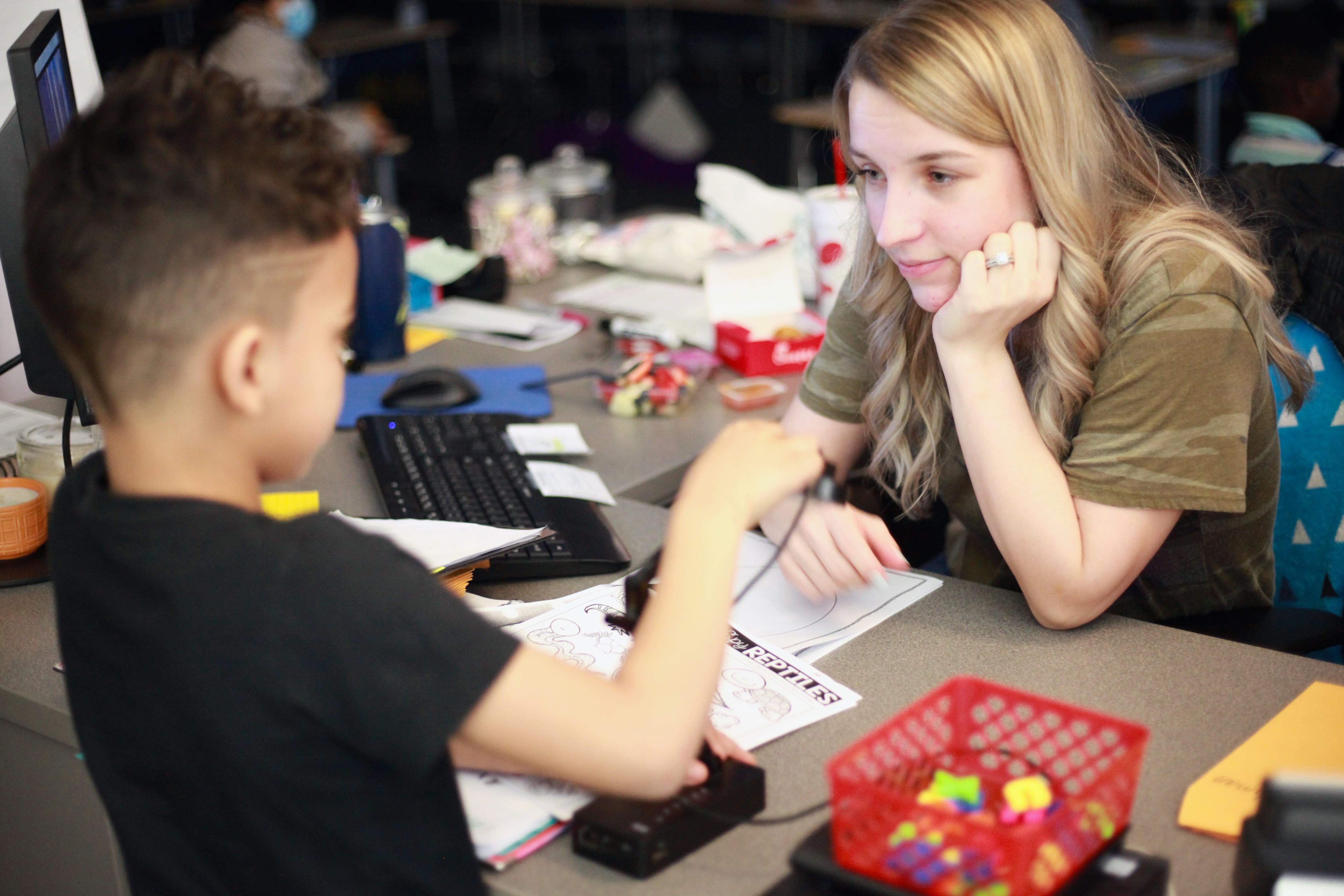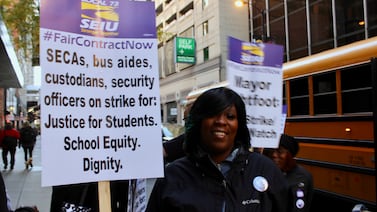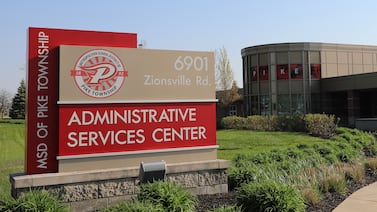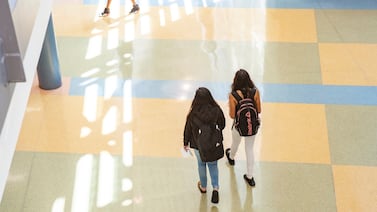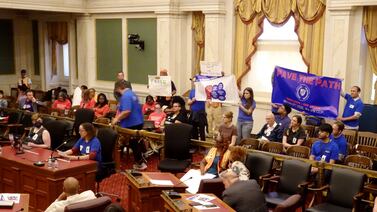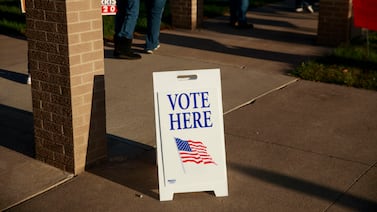Miles Clements’ life took a turn after his parents divorced and his mother was diagnosed with breast cancer.
He was a student at Fishers High School at the time. His studies began to suffer and his behavior changed, he said, so much that he was issued a detention once.
Things could have turned out worse, if one teacher hadn’t checked up on him, he recalled. He said they didn’t even talk about school. She just wanted to know what was going on in his life. But it was enough for Clements to start taking his learning seriously again — and make a decision about his future.
Clements said experiencing firsthand the impact that a teacher can have on someone’s life made the difference for him. He’s now a junior at the University of Indianapolis, preparing to become a teacher himself.
“If that teacher could do that for me, I can do that for other students,” Clements said. “I just wanted to be that person that can be there to care for them and give them the education that they need.”
Like school systems across the country, Indianapolis districts have struggled to fill their teaching vacancies, especially after the pandemic. Many experienced teachers are leaving the profession, citing inadequate pay or high stress.
But in Indianapolis, a new generation of aspiring teachers are launching or preparing for careers in the classroom, motivated by the opportunities to shape young people’s lives and undaunted by the challenges. In conversations with Chalkbeat, they talked about their decisions to pursue teaching careers, their experiences so far, and how they believe they can make a difference.
At the University of Indianapolis, Clements said he’s had opportunities since his first semester to gain classroom experience. His interactions with students at Central Elementary School in Beech Grove solidified his decision to pursue education.
Clements said he was immediately drawn to teaching skills like literacy, where students can get creative. He knows that classroom instruction relies on knowledge of material and methods, but he said he’s learned there’s a balance to teaching.
“I’ve even said in the past that you could be Albert Einstein and not know how to teach something,” Clements said. “You could be super, super smart, but not have the social skills or the empathy for the students.”
Alexis Britt discovered how critical those social skills are during a combined English and history class at Decatur Central High School, where she worked with students last semester.
The UIndy senior organized a mural project related to Elie Wiesel’s memoir “Night,” where students had to work in groups to pull quotes and draw imagery from the text.
“It was the best moment in my entire life, because I was like, I love that they love it,” Britt said. “Just seeing those students have all this fun doing it really made me happy.”
The prospective teachers said they feel secure in the choice to pursue teaching, either because of positive relationships with teachers in the past or classroom experiences during college. Even so, there are moments of doubt.
Aracely Guerrero-Alonso, a sophomore at UIndy, hopes to teach elementary schoolers, specifically first and second grade. She said when she tells people that she plans to become a teacher, the reactions aren’t usually positive.
She said she knows what she’s signing up for. Guerrero-Alonso said hearing accounts from teachers via social media, like TikTok and Instagram, about their daily life and any struggles they face has prepared her for the realities of education. Still, she said it’s hard having other people in her life tell her to choose another career.
“I feel alone at times,” Guerrero-Alonso said. “No one really supports what I’m doing. They say not to go into it. But if you tell people not to go into it, we’re not going to have any teachers.”
Despite public skepticism, many people are pursuing degrees in education in Indiana. According to data from the Indiana Commission for Higher Education, in 2021, over 1,700 of the over 33,000 bachelor’s degrees earned at Indiana’s public institutions were in education.
First-year teacher Bianca Winston, who graduated from Martin University in December 2022 wants students majoring in education to know that more than anything, work-life balance is key to success.
There’s a world beyond the classroom and the job, said Winston, who teaches first grade in Indianapolis. “You have a life outside of that. You create your own peace. Don’t let anybody take your peace away.”
Gregory Golden is heading into his senior year at Butler University, during which he’ll do his student teaching at Center for Inquiry School 84. As graduation nears, he’s aware that teaching can feel like a “thankless job.” Golden urged people considering careers in teaching to step into a classroom for themselves to see if education is really for them.
“I see my friends that are going into business and going into health care and doing all sorts of odds and ends that are going to be, you know, to be frank, making a lot more money,” Golden said.
“We are, as teachers, very much so unsung heroes of the workforce,” he said. “Just know what you’re getting into, because it’s something that you should not take lightly. It impacts people’s lives more than a lot of other careers.”
Jade Thomas is a summer reporting intern covering education in the Indianapolis area. Contact the Indiana bureau at in.tips@chalkbeat.org


